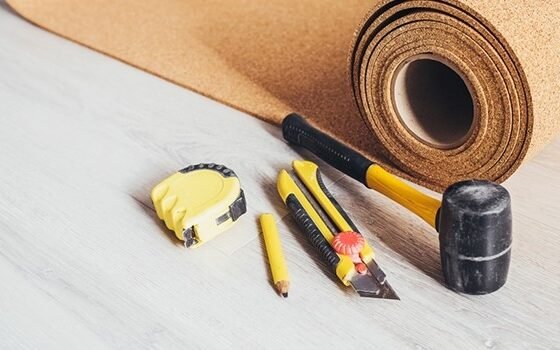Table of Contents Show
In winters the first thing that comes into our mind is getting our electric unit heaters ready for heating our home efficiently.
Efficient heating can make your home more comfortable during the winter. Here are some suggestions for improving the efficiency of your home’s heating system.

1. Use the Proper Size Heater
What matters most when purchasing a space heater is that it heats the area it is intended to heat. When it comes to purchasing a heater, the size of the space is important.
Examine the specifications to determine which option is best for you. A 1,500-watt heater should be sufficient for a large room as a rule of thumb. This may differ slightly depending on the type of heater.
When you use a large capacity heater in a small space, you risk overheating and creating a fire hazard.
Choosing a small-size heater for a large room will increase your energy bills and it will also not provide the comfort level you desire because of its small size. This is why it is important to use the proper size heater according to the room size.
2. Install Smart Thermostats
If you want to improve the efficiency of your home’s heating, you should look into a smart thermostat. Many different versions of this connected device can learn your preferences, habits, and heating patterns.
Some can modify the use of your heating system automatically in response to temperature variations caused by things like sunlight, as well as your needs.
Many smart systems can monitor the temperature 24 hours a day, seven days a week, ensuring that your home is always heated properly.
Read Also:
3. Add Insulation to Your Walls and Attic
If you live in a modern home, your walls and attic are insulated with either fiberglass or cellulose. Both are superb at what they do, which is to trap heat, and once installed, they will last a lifetime.
However, if you visit your attic and notice that the cellulose spray is thin or that the fiberglass has sunk, it may be time to apply more. Do some independent research and weigh the pros and cons of each choice in terms of cost and complexity of installation.
Then select the best option for you. Additional cellulose can be added on top of a layer of fiberglass, or vice versa. Wear a respirator with a particle vapor filter if you plan on repairing the insulation yourself. You should avoid inhaling either type of insulation for long periods.
4. Replace Old Appliances
Every appliance has a life period. Some last for many hears while some last for a few depending upon the quality and brand they are made of. But the thing to notice is that when an appliance gets old it will lose its efficacy and will not work at its best.
Moreover, it will consume more energy raising your energy bills. If your heating appliance is too old then it is better to replace it with a new one. The new heater comes with the latest technology that will heat your home efficiently while consuming less energy.
5. Replace Your Windows
According to the Department of Energy, windows that let out too much heat might account for 10% to 20% of your heating or cooling expense. That’s a significant drain.
While replacing outdated windows with energy-efficient ones is costly, it is the only way to tackle this problem.
Installing energy-efficient windows in your home may be an investment as well as an excellent way to boost the overall value and front appeal of your residence. It is the best way to maintain and heat your home efficiently.









